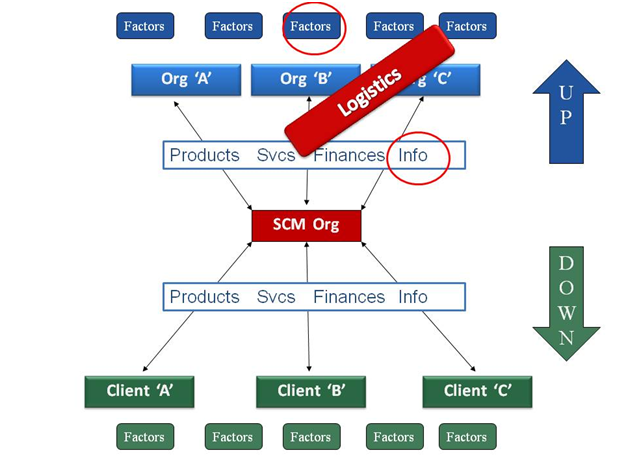
One of the most important parts of running a business is the management of your suppliers.
A supplier is more than just a company you hire; they are an entity essential to establishing your business and running a successful service. A strong and productive relationship will be beneficial for both organisations in order to reach their goals.
Follow these five management tips for a successful relationship with your suppliers.
1. Share Critical Information
It is vital to share any relevant critical information with your supplier. Information and knowledge enable the integrated supply chain to work. Waiting and sitting on any critical timing or volume information with suppliers can cause excess inventory or lost business for your company, along with added costs for your suppliers.
Constantly sharing information with the appropriate confidentiality and security is crucial to the successful management of a supplier relationship.
2. Plan for Exceptions
Emergencies will occur occasionally, so it is vital to plan for frequent exceptions. This is particularly true in more complicated, multi-party supply chains. Plan ahead of time how different emergencies will be handled in each circumstance, and analyse why they could occur to minimise the quantity of emergencies.
Supplier management software such as that by https://www.contractswise.com can help manage your supply chain.
3. Plan for Major Events
It is wise to plan for any major or serious emergencies. Unavoidable events can add stress to your supply chain and should be practiced and planned for accordingly. Some industries, like utilities, carry out plans for natural disasters, with cyber incidents now dominating the risk to business.
Every supply chain needs similar insight and collective planning, which means disruptive events will be managed as smoothly as possible.
4. Reward Honesty
You should reward and expect honesty in business. Like personal relationships, the best and most successful supplier and business relationships thrive on honesty when exceptions to business-as-usual operations occur.
Companies depend on immediate notifications without penalty when a critical supplier issue occurs.
5. Make Meetings Meaningful
Most companies hold regular, formal quarterly meetings with inappropriate representation, where most of the meeting is spent discussing information best communicated through other means. Instead, your relationship meetings should target areas of supplier improvement, critical issues and talks on how the company and buying organisation could improve the supplier relationship.



